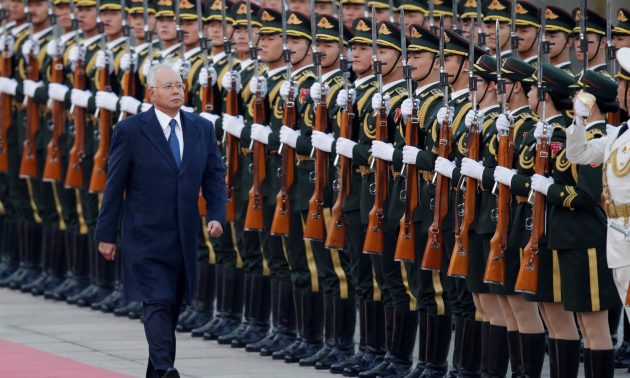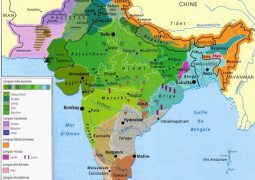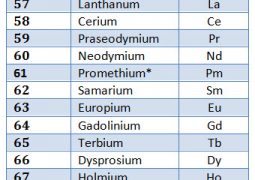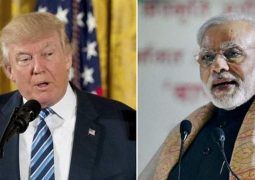Defense deal on cards as Malaysia PM leans toward China

Malaysia’s premier will sign a “significant” defense deal” during his current visit to China, in a potential strategic shift as his ties with the United States fray over a corruption scandal.
The week-long trip by Prime Minister Najib Razak marks another potential blow for Washington’s “pivot” toward Asia, two weeks after President Rodrigo Duterte of longtime US ally the Philippines visited China with olive branch in hand.
Malaysia and China will be finalizing “the first significant defense deal” between the two countries during his visit, Najib told Chinese state news agency Xinhua, giving no details.
vot’
By AGENCE FRANCE-PRESSE NOVEMBER 1, 2016 1:40 PM (UTC+8)
Malaysia’s premier will sign a “significant” defense deal” during his current visit to China, in a potential strategic shift as his ties with the United States fray over a corruption scandal.
The week-long trip by Prime Minister Najib Razak marks another potential blow for Washington’s “pivot” toward Asia, two weeks after President Rodrigo Duterte of longtime US ally the Philippines visited China with olive branch in hand.
Malaysia and China will be finalizing “the first significant defense deal” between the two countries during his visit, Najib told Chinese state news agency Xinhua, giving no details.
THE DAILY
Brief
Must-reads from across Asia – directly to your inbox
Your Email here
SUBMIT
A total of 10 agreements spanning business, defense and other spheres will be signed, Malaysia has said.
Najib said last week Malaysia and China “are committed to achieving new highs and entering into new areas of cooperation.”
Last month in Beijing, Duterte stunned observers by announcing his country’s “separation” from longstanding partner the United States.
Though he subsequently backed off, saying their alliance remained intact, the episode underlined China’s increasing diplomatic and economic gravitational pull at the expense of the United States.
Najib’s visit provides fresh evidence, said Southeast Asia politics analyst Bridget Welsh.
“This is the new regional norm. Now China is implementing the power and the US is in retreat,” she said, adding Washington’s Asia “pivot” was “dead in the water.”
China welcomes Najib, who arrived on Monday, with a state dinner Tuesday night in Beijing, followed by a meeting with Premier Li Keqiang.
Later this week Najib will meet President Xi Jinping, as well as Jack Ma, founder of e-commerce giant Alibaba.
Drawn into China’s arms
Taking office in 2009, Najib reached out to Washington, and relations warmed following decades of periodic distrust.
But he has increasingly leaned toward China as it became Malaysia’s biggest trading partner, and especially after the eruption last year of a massive corruption scandal implicating Najib and a state investment fund he founded.
Billions of dollars are alleged to have been siphoned from the fund, 1MDB, in a stunning international campaign of embezzlement and money-laundering that has sparked investigations in several countries.
Najib’s ties with Washington became strained when the US Justice Department moved in July to seize more than US$1 billion in assets it says were purchased by Najib relatives and associates using stolen 1MDB money.
Najib and 1MDB deny wrongdoing and have railed at foreign forces they say concocted the scandal.
1MDB launched a fire sale of assets to stay solvent, and China’s biggest nuclear energy producer China General Nuclear Power Corporation came to the rescue last year, purchasing its power assets for $2.3 billion.
Welsh said the trip could result in “multiple billions of dollars in deals” for Najib’s cash-strapped government.
Depressed oil prices have slashed government revenue in energy-exporting Malaysia, which also faces rising public-sector debt.
“This trip reflects not only Malaysia’s geostrategic realignment to China as the ‘regional banker’ but also the reality that Najib is desperate for alternative financial sources,” Welsh said.
A key question is whether there will be a “quid pro quo” in which Malaysia sides more with Beijing rather than the United States on strategic issues like South China Sea territorial disputes, she said.
China has increasingly won major infrastructure and other projects in Malaysia, and Chinese companies are widely expected to be handed a planned high-speed rail project linking Kuala Lumpur and Singapore and expected to cost up to US$15 billion.
- Previous Short speech by the Minister of foreign affairs of the Republic of Uzbekistan H.E. Mr. Abdulaziz Kamilov at the OIC CFM Opening ceremony in Tashkent after receiving chairmanship
- Next Japan, India to sign nuclear cooperation pact in mid-November










